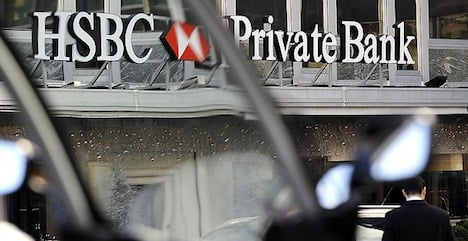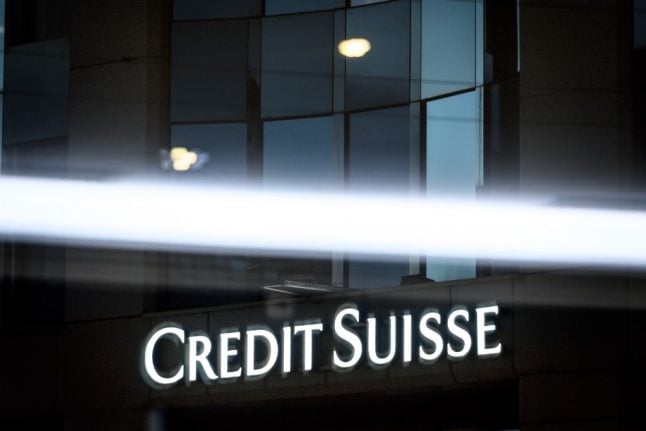Geneva-based subsidiary HSBC Private Bank SA (Suisse), which is wholly owned by the Asia-focused banking giant, allegedly helped hundreds of clients cheat the Belgian state, a statement from the prosecutors said.
HSBC said in a statement that it "will continue to cooperate to the fullest extent possible".
It is the latest in a series of international investigations into practices ranging from currency exchange rigging, Libor rigging and product mis-selling that has damaged the reputation of major banks.
Banking practices also had helped to spark the 2008 global financial crisis that led to a worldwide recession.
The Belgian prosecutor said the HSBC subsidiary was being charged with serious and organised fraud, money-laundering, criminal conspiracy and illegally functioning as a financial intermediary.
It said the allegations "date back several years and involve soliciting and managing the assets of wealthy clients, mainly from the Antwerp diamond industry."
"The Swiss bank is also suspected of knowingly favouring and encouraging fiscal fraud, giving privileged clients to offshore accounts, particularly in Panama and the Virgin Islands."
Antwerp, a port in Belgian's northern Flemish-speaking region, is home to the global dealers syndicate for diamonds.
In 2012, Belgium's justice minister ordered an inquiry into a growing controversy over possible tax fraud among diamond traders in Antwerp after French authorities handed a list of dozens of dealers suspected of placing assets in Switzerland.



 Please whitelist us to continue reading.
Please whitelist us to continue reading.
Member comments